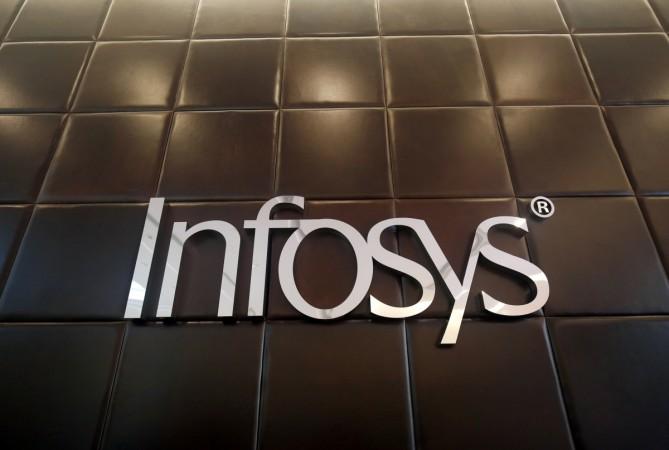
Infosys had to rename its new artificial intelligence (AI) platform it introduced in San Francisco in April last year, after SAP accused India's second-largest IT services company of trademark violation. According to SAP, Infosys' Mana platform sounded similar to its inmemory database platform Hana.
SAP also expressed concerns over Infosys selling Mana in Europe in particular, claiming that the brand name similarity was confusing key customers in the region.
Since Infosys had time till April to address the issue, it renamed Mana to Nia last month, representing it as a new upgraded system, Economic Times reported.
Here's a statement from both the companies:
SAP and Infosys are pleased that the companies have been able to mutually resolve all concerns regarding the use of their respective trademarks. Following the announcement of Infosys Mana, SAP raised concerns about the similarity of the name to SAP Hana. In the interest of the larger partnership with SAP, Infosys has agreed to discontinue the use of Mana over a period of time."
Some people familiar with the matter reportedly said that SAP specifically pointed out a few similarities in the features between Hana and Mana. However, the companies didn't provide details on that.
At the launch, Infosys introduced Mana as a platform that "brings machine learning together with the deep knowledge of an organization, to drive automation and innovation." Infosys also claimed that Mana, which is part of the Infosys Aikido framework, could dramatically lower the cost of maintenance for both physical and digital assets of a company.
Nearly a year after announcing Mana, Infosys launched Nia on April 26 as an upgraded service, "building on the success of the company's first-generation AI platform, Infosys Mana, and its Robotic Process Automation (RPA) solution, AssistEdge."
According to Infosys, Nia can collect and aggregate organisational data from people, processes and legacy systems into a self-learning knowledge base, before automating repetitive business and IT processes. The company said that implementation of Nia will free up "human effort to solve higher-value customer problems that require creativity, passion, and imagination."








